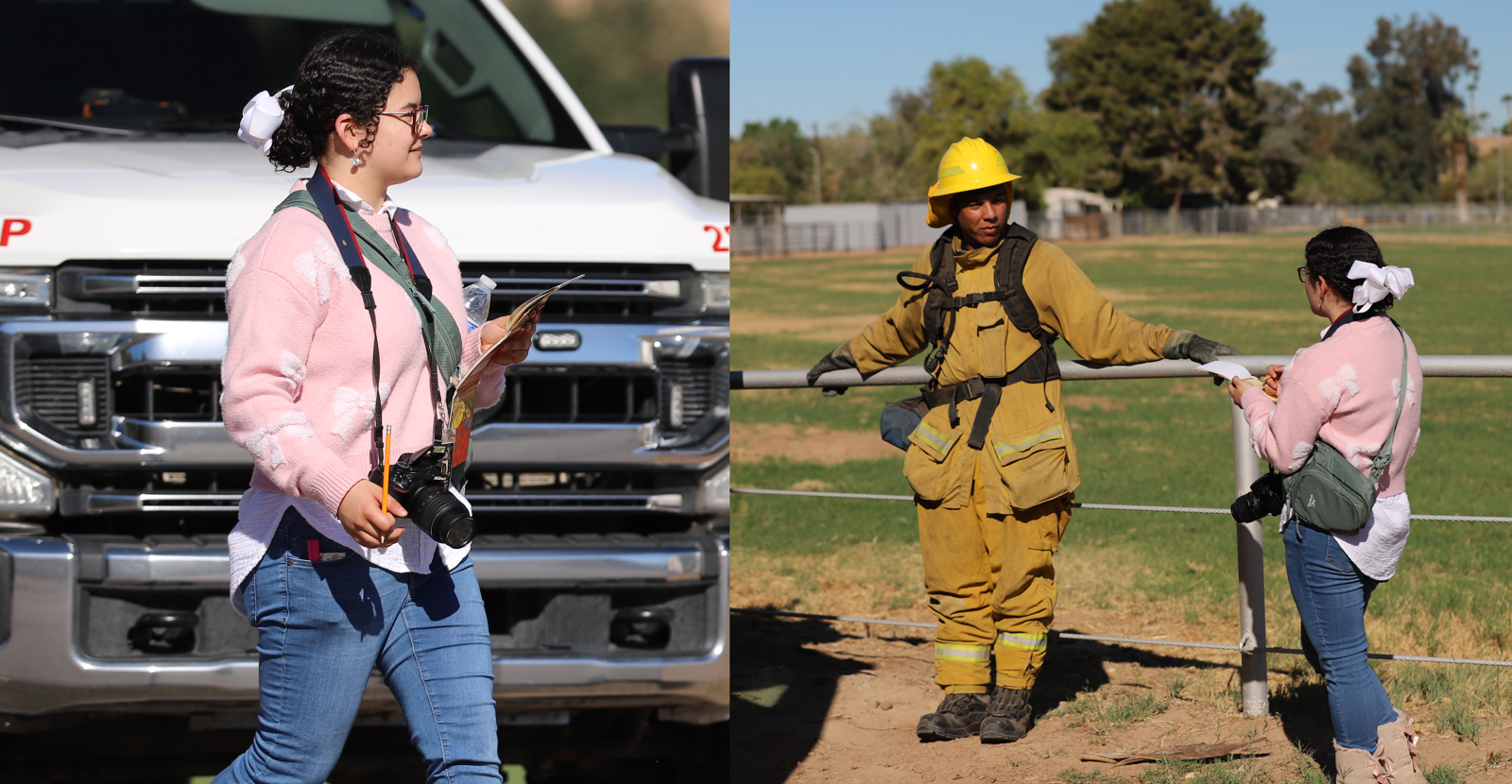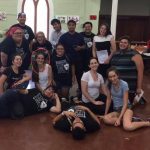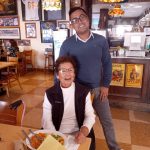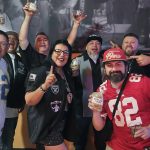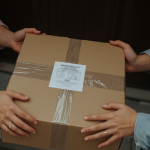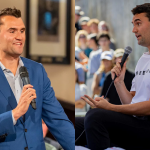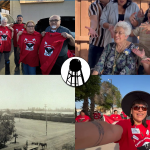written by heidi hayasaka
edited by sarina e. guerra
When I was in eighth grade, my eldest brother, Ian, would tell me all about this amazing class he had taken during his time at Southwest High School called Journalism 1 with Miss Hood. It was filled with young people writing news articles, features about people’s lives, and all kinds of things students wanted the world to know. Plus, students got the chance to build a portfolio.
I’m going to be honest, he had me at portfolio, but I also started to see this wonderful opportunity sparkling right in front of my face. I saw the opportunity to write about things I’ve always had questions about and, through journalism, I realized that…

Take after school clubs for example. I knew absolutely nothing about the ARC after school program when I first started here. All I ever heard from the presenters at our school was “There’s a lot of clubs here at Southwest!”
“What clubs?” I would always ask, and they never seemed to know. If they did know, they had a long list of clubs with no description.
Now, I had an objective, a goal–and that was to be able to communicate the things I had never gotten to learn. I went from not even knowing that ARC existed, to having written FIVE articles about this club. I even got to interview the founder and CEO (so cool).
I grew to love ARC and joined five clubs in my freshman year alone: Japanese Club, Art Club, Comic Book Club, Unity and Inclusion Club, and D&D and Magic the Gathering Club (formally known as Tabletop Club).
Every club I interviewed, I wanted to join. I fell in love with each one as I felt people’s joy and passion for their interests. I felt like I was included in a community where everybody was happy and loved.
One day in the car with my mom, she questioned why I would ever give myself more work by doing this, but all the running around, setting up interviews, listening to people’s stories, and writing these amazing articles never felt like work.
When I interviewed others, I heard countless stories that could be connected with and related to. I hope that when people read my articles, they can see how people’s faces lit up when talking to me about their passions or imagine the laughter of an interviewee when he said he was a workaholic.
I remember Miss Hood told the class that we aren’t always going to love every article, and that’s okay. However, I love all of my articles because…

I get incredible feedback from more experienced classmates, and when I work with Miss Hood it feels more like a partnership with an editor than getting essay feedback from an English teacher. My articles feel so much more special when they are elegantly wrapped together with the memories and experiences I’ve had while interviewing people.
I half-expect my interviewees to kick me out for being nosy, I expect them to avoid pictures, and I expect them to not want to talk. And yet, I am proven wrong every time they rise up and enthusiastically say “yes” when I ask for consent to interview or take pictures.
Although I was originally interested in journalism as a way to gain knowledge and create a portfolio, I came out with a passion and a mission. My mission is to tell people’s stories and answer questions that have long been silenced.
“I’ve seen you turn practically everything into art, and I knew that you would be able to do that with writing too,” my eldest brother Ian Hayasaka said. “Journalism is really one of the best ways to learn the creative, technical, and professional aspects of writing, and I knew that would be great for your skill toolkit.”
Want to support People’s Press?

